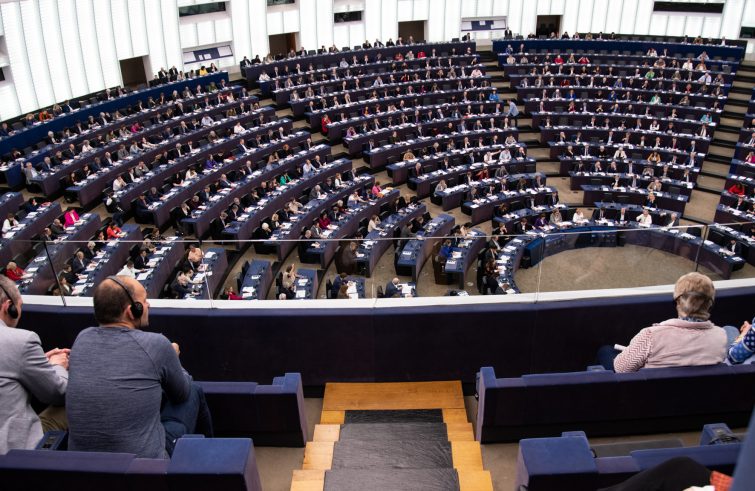
The European Parliament has been elected by universal suffrage since 1979, but it may still be somewhat unknown to the electorate. As the June elections for the renewal of the EU Parliament draw closer, legitimate questions are being asked by the citizens of the EU: by the new voters, and not only by them.
What are the powers of the European Parliament, based in Strasbourg and Brussels, with 720 elected lawmakers representing 27 countries for a five-year term?
It is worth noting that since the signing of the Treaty of Lisbon (2009), the Parliament’s responsibilities and visibility have increased significantly. It now has legislative, budgetary and “democratic scrutiny” powers. It has the right to approve and amend legislation, it monitors the proper use of the EU budget – as required by the Treaty – on an equal footing with the Council (where the member states are represented). It also ensures that the Commission and other EU institutions and bodies report on their activities.
The EU Parliament is primarily a legislative body. The vast majority of EU laws are adopted through the ordinary legislative procedure (also known as the ‘co-decision’ procedure). The European Parliament, which represents EU citizens, and the Council, which represents the Member States, work together to draft European regulations and directives, which eventually become laws for all 440 million EU citizens. Legislative areas include the economy and trade, the single market, transport and infrastructure, consumer protection, environmental protection, energy, certain aspects of health protection, security, communications and – one of the EU’s most recent laws – artificial intelligence.
There are also other legislative procedures in which the European Parliament contributes either through ‘assent’ (e.g. when approving the accession of new Member States; when approving the College of Commissioners) or through ‘consultation’ (a procedure adopted in specific areas such as taxation, competition law, common foreign and security policy).
In addition, the European Parliament, together with the Council, draws up the EU’s annual budget in line with the Multiannual Financial Framework (seven-year budget); it supervises budgetary expenditure by granting ‘discharge’ on an annual basis. In the context of European funds and the financing of EU programmes, it is important to note that the decisions of the European Parliament are also involved.
One of Parliament’s other main tasks is to appoint the President of the Commission: this will be one of its first tasks after the June elections. “The Member States nominate a candidate for the post, but then they will have to take into account the European election results.” Parliament will then elect the new President of the Commission by an absolute majority of its members. “If the candidate does not obtain the necessary votes, Member States have to put forward another candidate within a month” via a meeting of the European Council. The Member States will then nominate their candidates for the College of Commissioners, who will have to undergo parliamentary “hearings”, i.e. a tough examination by MEPs. Finally, the full Commission will be submitted to the European Parliament for a vote of approval.
This snapshot on the role and powers of the European Parliament offer a glimpse into the relevance of the ‘hemicycle’ within the common European ‘home’. And thus invites the electorate to exercise its vote.
“Use your vote” is the motto with which the EU institution is urging citizens to participate in June’s European elections. Not least to prevent others from deciding on their behalf.








